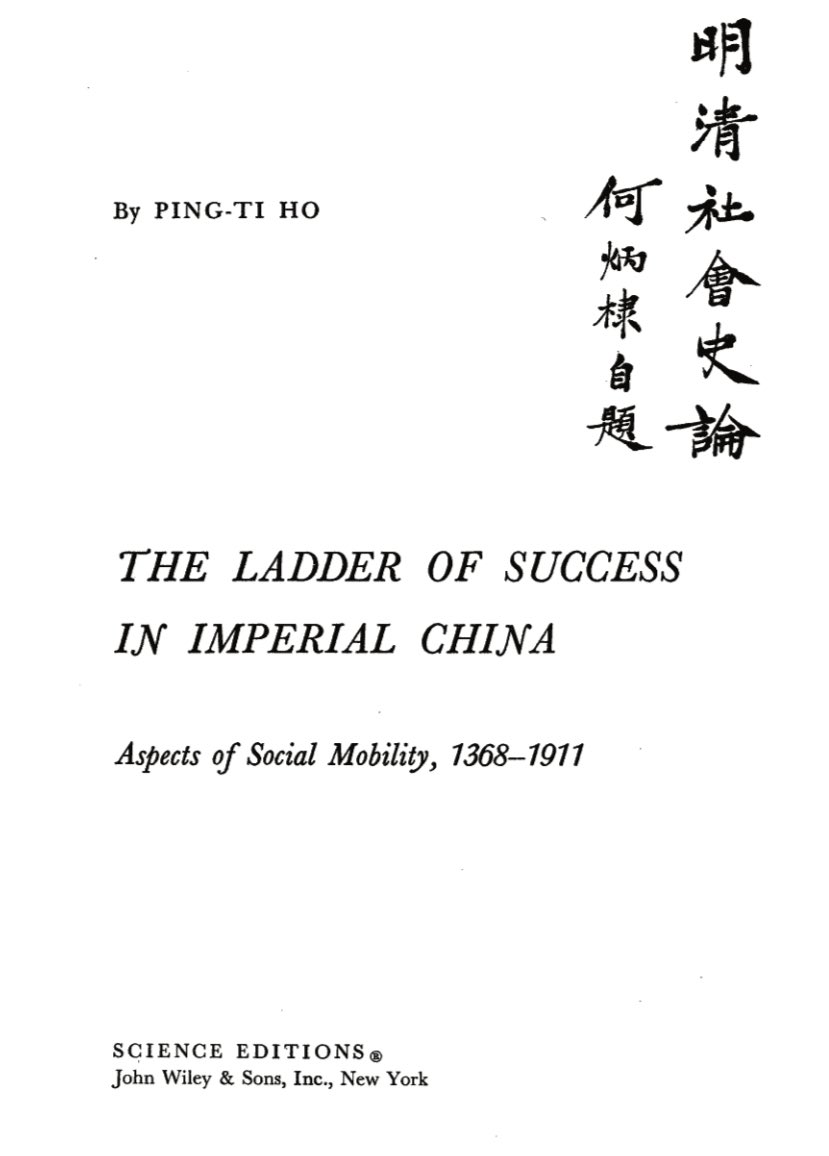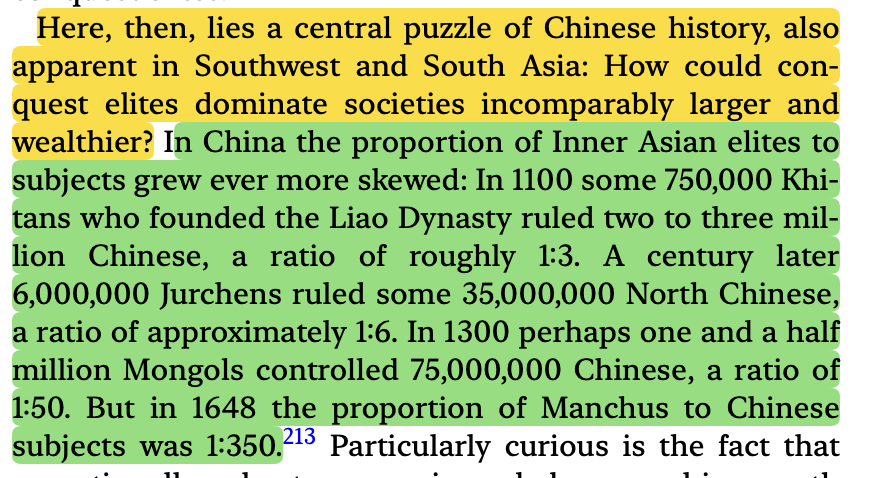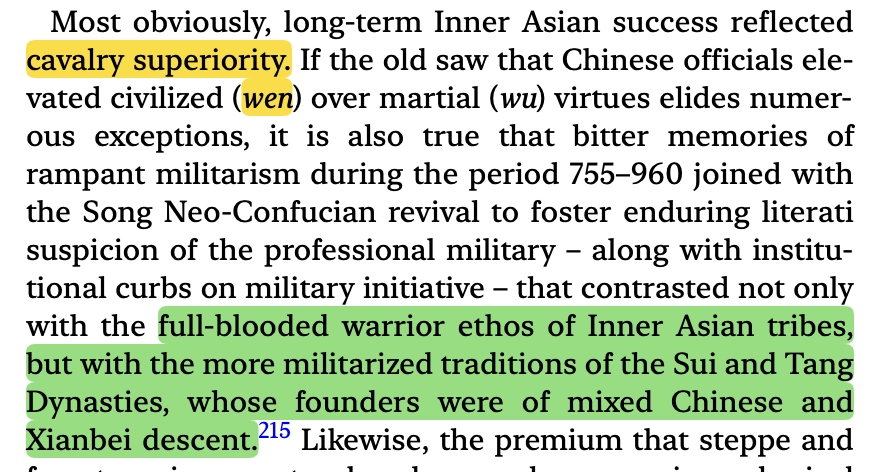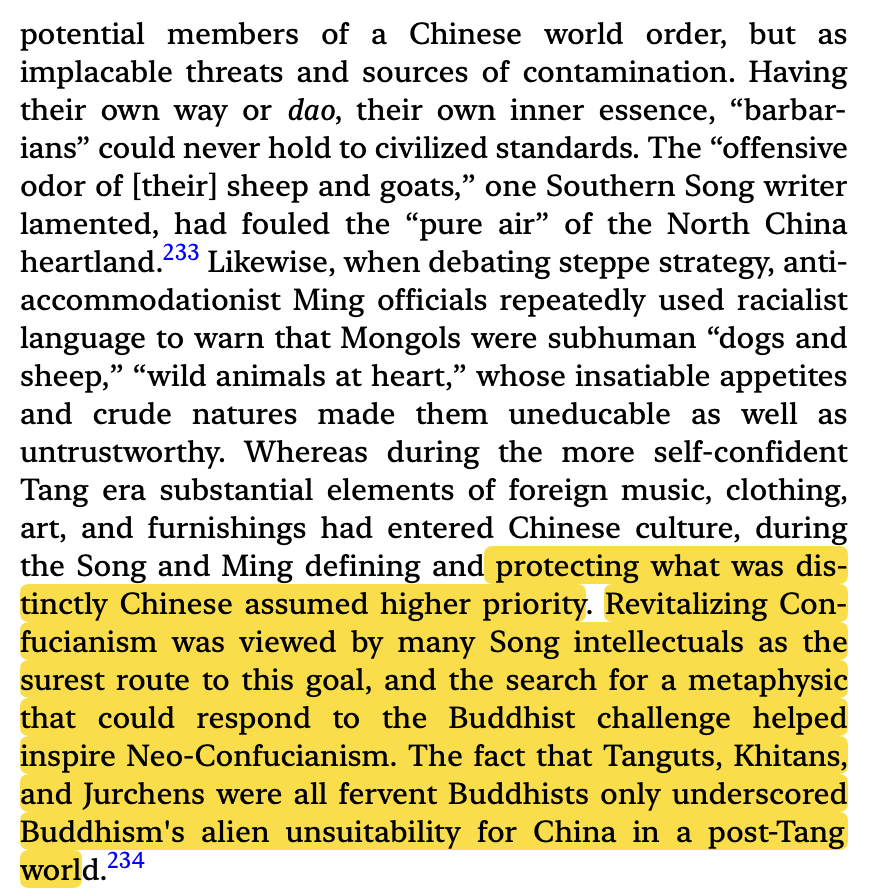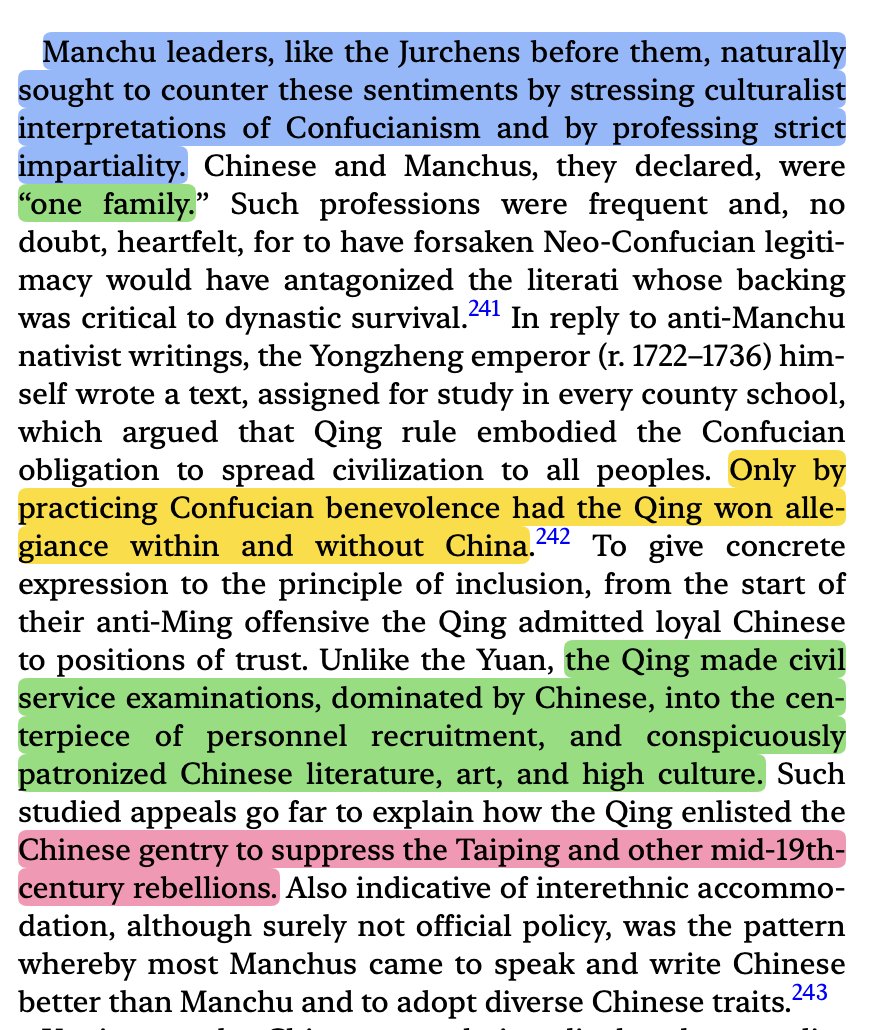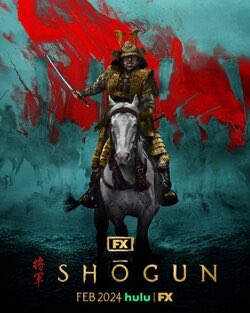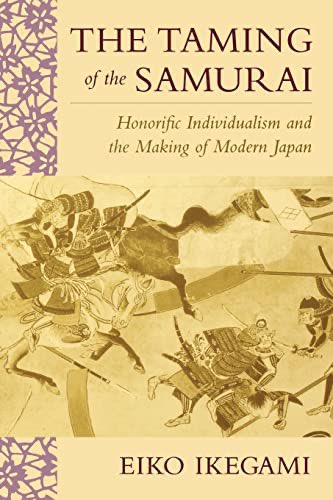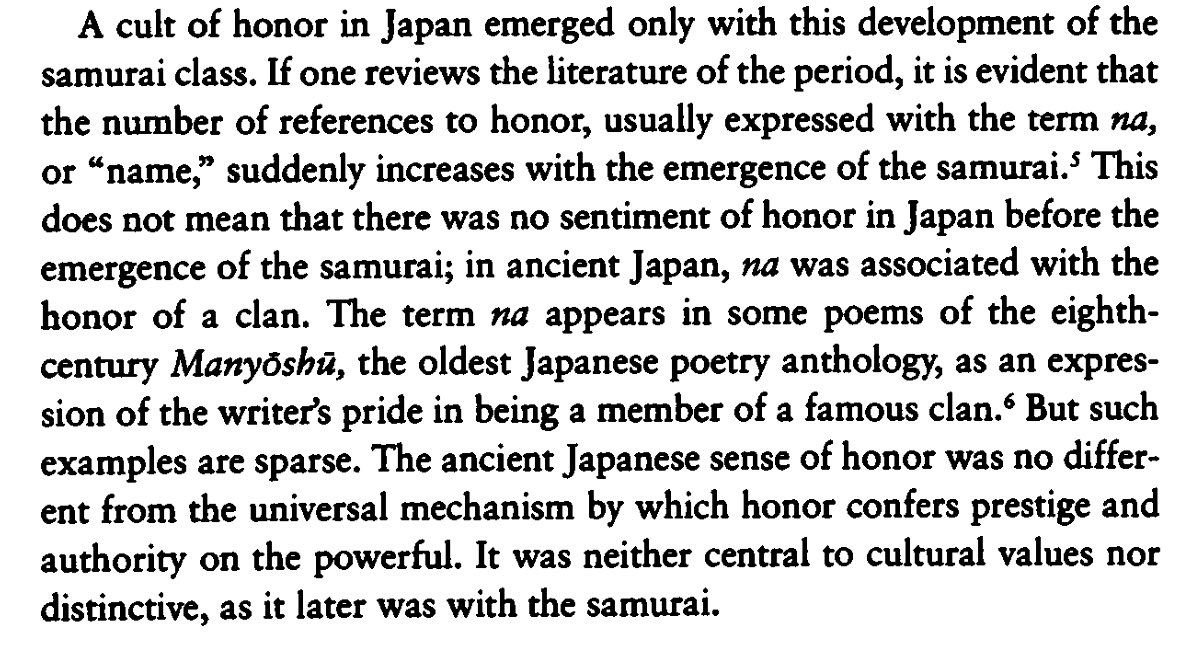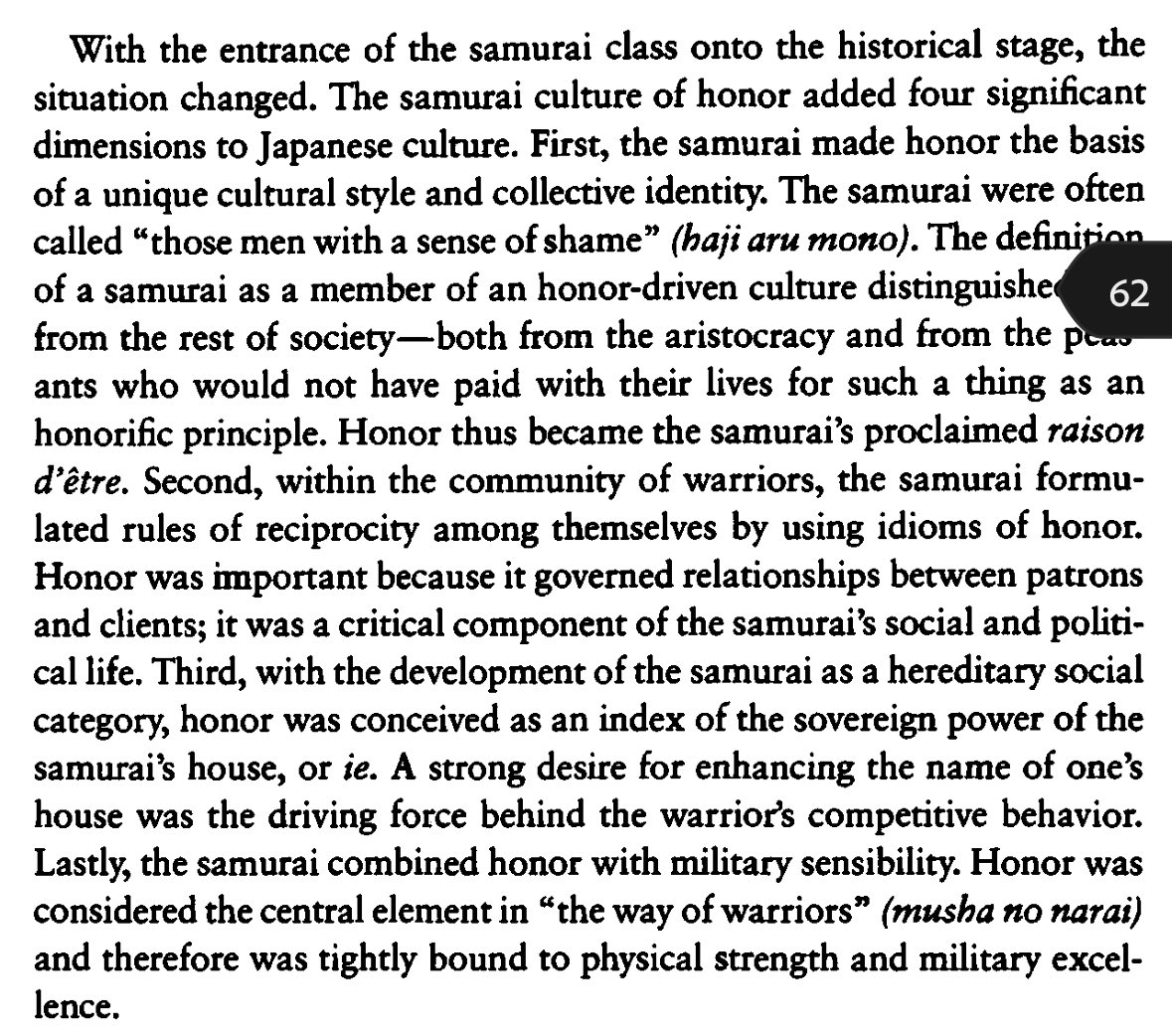Confucius thought that the wise & virtuous should rule.
They blew like the wind, while the commoners bent like grass.
Imperial China was thus extremely hierarchical..
However…
They blew like the wind, while the commoners bent like grass.
Imperial China was thus extremely hierarchical..
However…
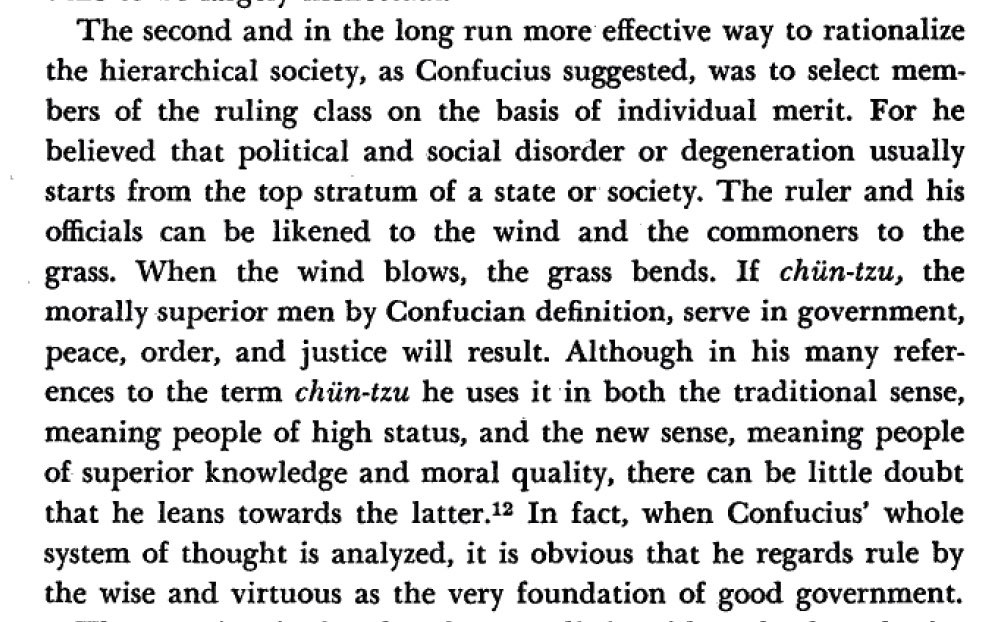
Confucius also championed a meritocracy.
Men were not born equal in intelligence or capacity.
Education and exams were important, so that the meritocratic few could rise to the top.
Men were not born equal in intelligence or capacity.
Education and exams were important, so that the meritocratic few could rise to the top.
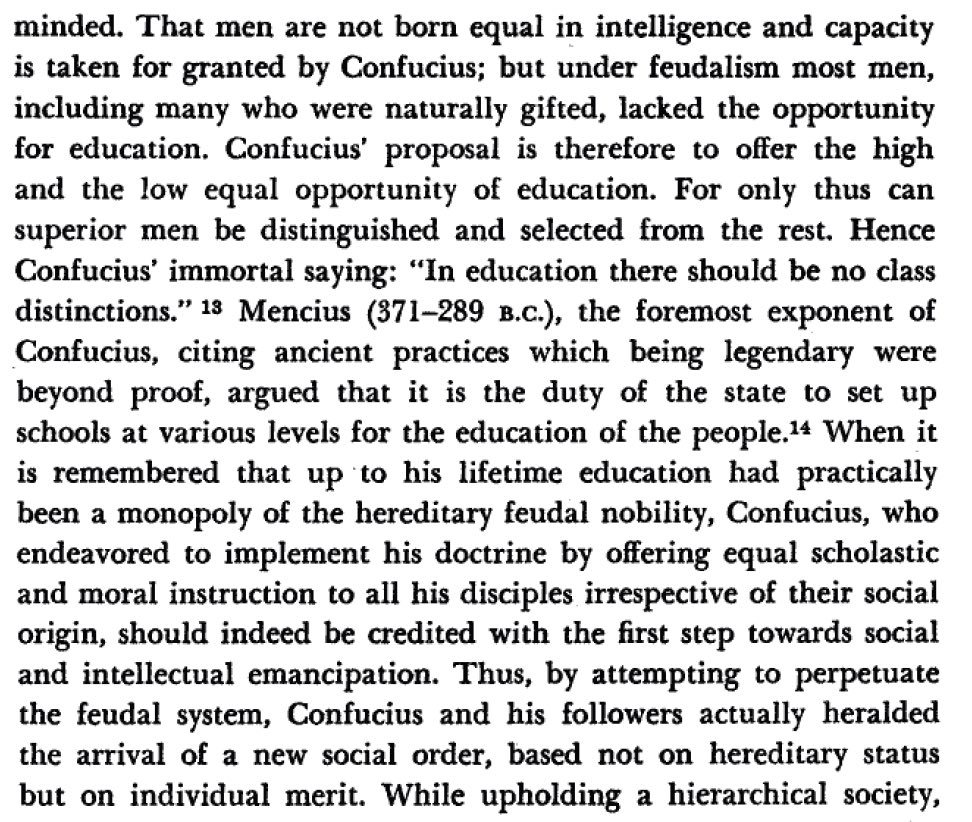
Hierarchy was ordained,
The rulers were better than the ruled.
However, status should be determined by achievement and virtue!
The rulers were better than the ruled.
However, status should be determined by achievement and virtue!
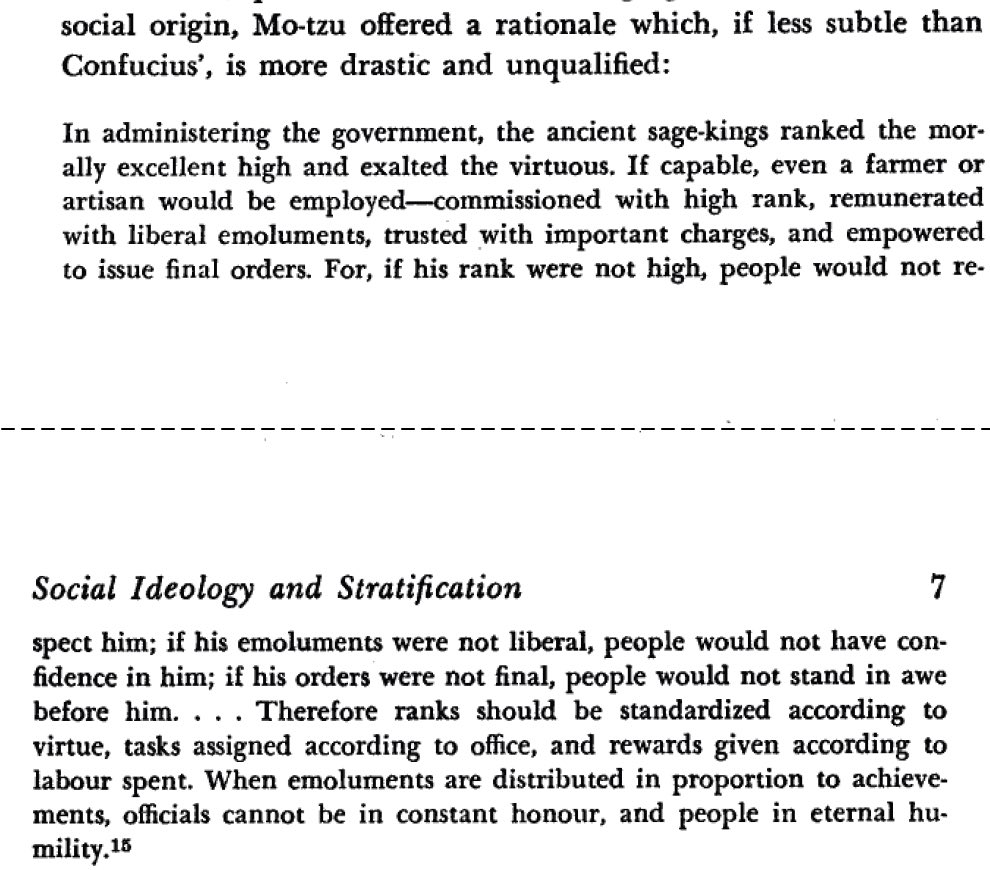
“If capable, even a farmer would be employed - commissioned with high rank, remunerated with liberal emoluments, trusted with important charges and empowered to issue final orders.. Ranks should be standardised according to virtue”
- Mo-tzu
- Mo-tzu
This is really really crucial.
I’ve been banging on about it for a while, but it’s totally overlooked.
East Asian society was hierarchical, with no concept of equality, but it was meritocratic.
Theoretically, any man could be born and educated to achieve sufficient virtue.
I’ve been banging on about it for a while, but it’s totally overlooked.
East Asian society was hierarchical, with no concept of equality, but it was meritocratic.
Theoretically, any man could be born and educated to achieve sufficient virtue.
Mencius (371-289 BC) - a follower of Confucius - said it’s the duty of the state to educate the people.
Confucius and his followers wanted to remove hereditary status, and create a meritocracy.
Confucius and his followers wanted to remove hereditary status, and create a meritocracy.
Lord Shang (c. 390 – 338 BC) stated,
“In neither high nor low offices should there be an automatic hereditary succession”.
“In neither high nor low offices should there be an automatic hereditary succession”.
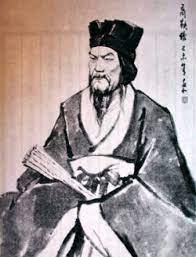
Hsun-tzu (the leading Confucian thinker of the 3rd century BC) declared that an educated, virtuous commoner could be elevated to prefect or prime minister. 
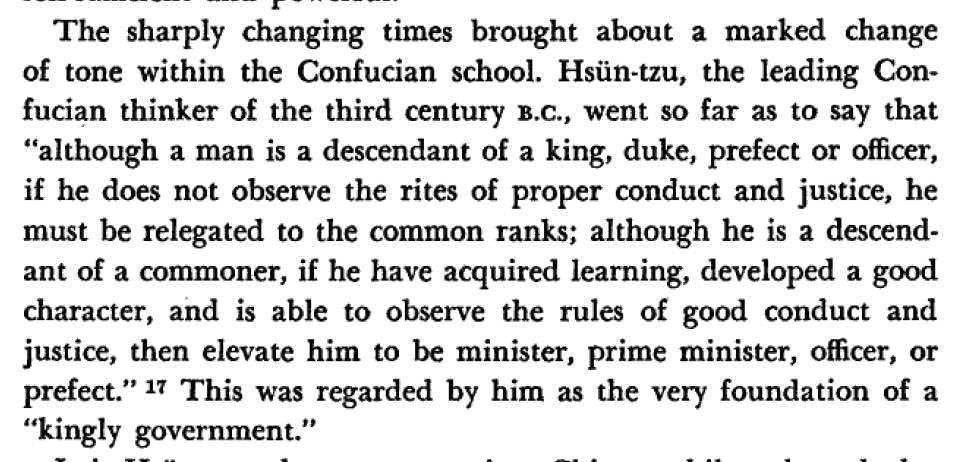
The Legalists recognised two kinds of merit: agricultural and military.
Confucians emphasised learning, administrative ability, and moral righteousness.
This is totally unlike India, where the Brahmins inherited and then preserved purity.
Confucians emphasised learning, administrative ability, and moral righteousness.
This is totally unlike India, where the Brahmins inherited and then preserved purity.
NONE of this is to say that it was always meritocratic in practice.
Investing in a child’s education was incredibly costly, it meant forfeiting labour
Moreover, in 2nd century CE there was extreme nepotism.
My point is that there is a deep rooted Confucian ideal of meritocracy
Investing in a child’s education was incredibly costly, it meant forfeiting labour
Moreover, in 2nd century CE there was extreme nepotism.
My point is that there is a deep rooted Confucian ideal of meritocracy
When the state was weak and extremely reliant on powerful clans, it had to make concessions.
So in Southern China between 317-589 CE, status was hereditary.
So in Southern China between 317-589 CE, status was hereditary.
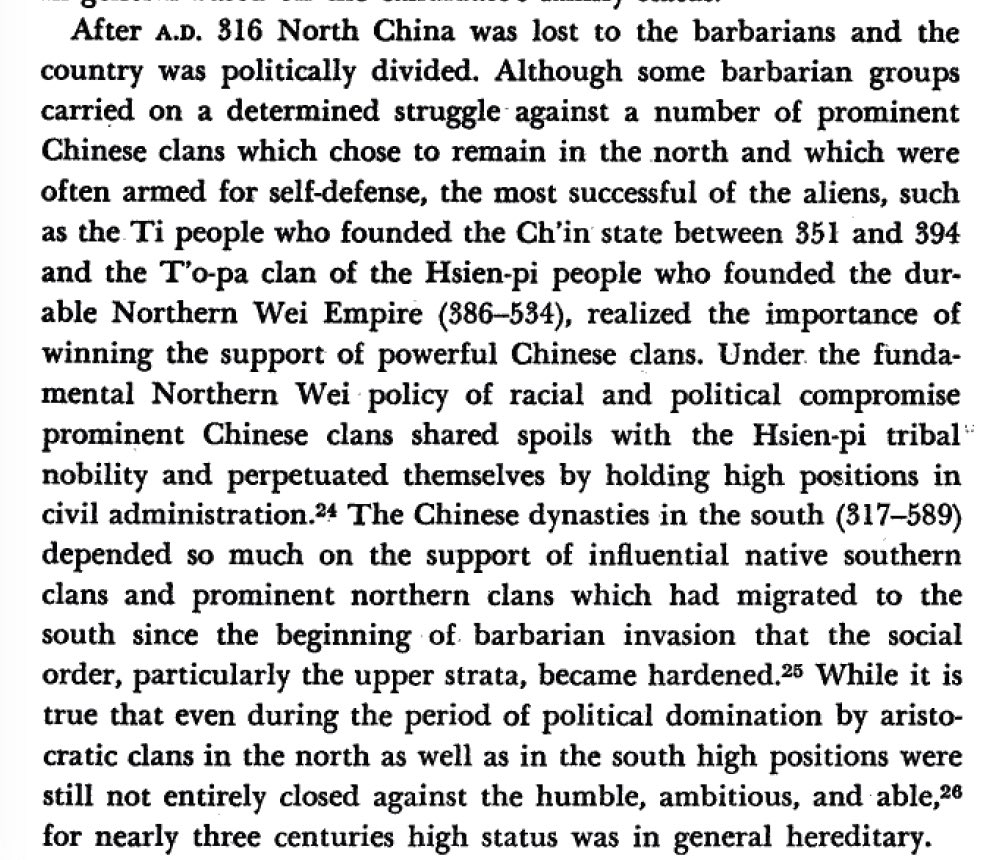
During the Tang, candidates were examined on memorisation and interpretation of the Classics.
Even more so than today, this favoured the educated elite, who had the knowledge and resources to support their sons’ education.
Impoverished peasants had no chance, really.
Even more so than today, this favoured the educated elite, who had the knowledge and resources to support their sons’ education.
Impoverished peasants had no chance, really.

So there were two degrees:
Ming-ching and chin-shih
Ming-ching - mostly mechanical memorisation
Chin-shih - creative writing.
Ming-china candidates were mocked as parrots.
Under the Tang, 30 degrees for chin-shih were granted annually.
This was extremely highly esteemed.
Ming-ching and chin-shih
Ming-ching - mostly mechanical memorisation
Chin-shih - creative writing.
Ming-china candidates were mocked as parrots.
Under the Tang, 30 degrees for chin-shih were granted annually.
This was extremely highly esteemed.
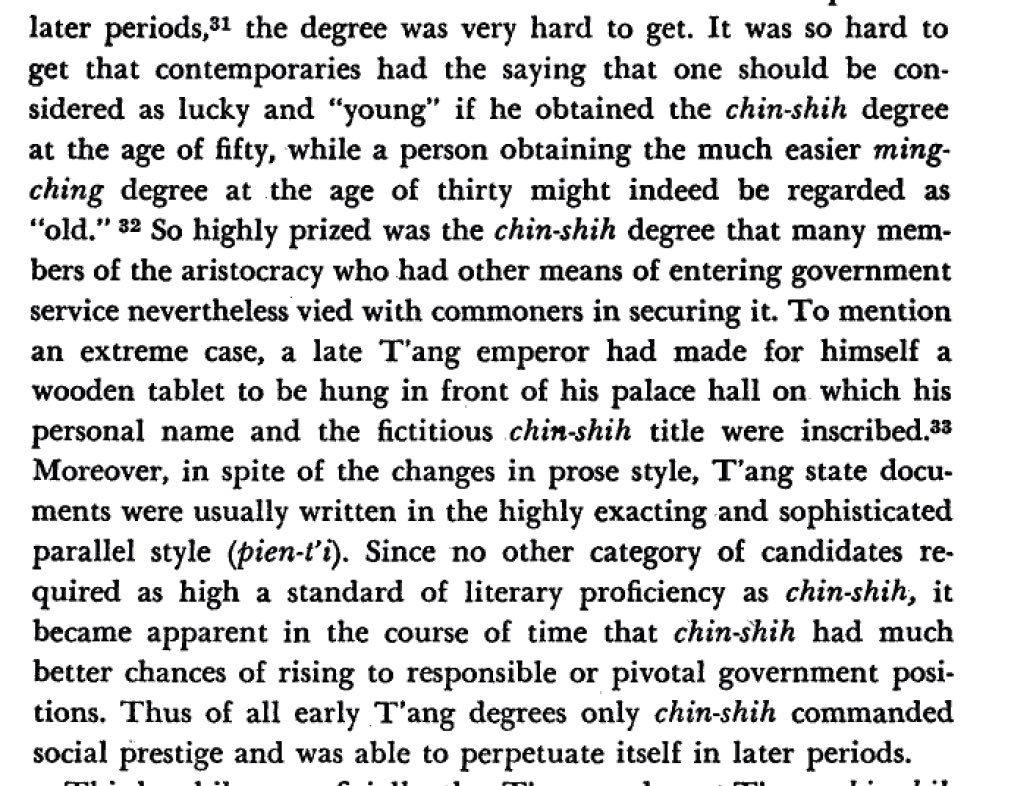
Many western political scientists depict Confucianism negatively because they only see authoritarianism, hierarchy and late development
But they fail to see something hugely important …
But they fail to see something hugely important …
Imperial rulers wanted to build an effective bureaucracy in order to consolidate power, wealth and control.
They used meritocratic exams to restrict the aristocracy (though this varied over time)
The highest honour was to be a high-ranking official..
They used meritocratic exams to restrict the aristocracy (though this varied over time)
The highest honour was to be a high-ranking official..
They intentionally cultivated a belief in
- meritocracy
- social mobility through education
- gaining status and recognition in this world, not the afterlife
So state-building actually weakened religiosity and concern for paradise.
- meritocracy
- social mobility through education
- gaining status and recognition in this world, not the afterlife
So state-building actually weakened religiosity and concern for paradise.
Whereas in the Caliphate, there was a ulema-state alliance, perpetuating piety and the prioritization of paradise.
And in India, a Dalit’s grandchildren were predestined to be polluting.
As Amedkar said, one’s future was pre-determined.
And in India, a Dalit’s grandchildren were predestined to be polluting.
As Amedkar said, one’s future was pre-determined.
After the Tang, it was established that “ruling class membership should be determined on the basis of individual merit”.
So this isn’t just about merit getting you to the top, but because society was so hierarchical, you were the “RULERS”
So this isn’t just about merit getting you to the top, but because society was so hierarchical, you were the “RULERS”

Under the reign of Emperor Han Wu-ti (156 – 29 March 87 BC), an imperial academy was established to realise the true spirit of Confucianism
- so that any man could be educated and demonstrate his worth.
But obviously that was still a tiny tiny minority.
- so that any man could be educated and demonstrate his worth.
But obviously that was still a tiny tiny minority.

When the Ming dynasty gained power, they tried to legitimise their rule and build a system of governance.
They built the Forbidden City, restored the Grand Canals & promoted education
They built the Forbidden City, restored the Grand Canals & promoted education

Exam candidates came into the examination hall to see their results.
This is a silk scroll, by Qiu Ying (1494-1552)
This is a silk scroll, by Qiu Ying (1494-1552)

Today, I was chatting with some Chinese students.
They said they wanted to be “number one”.
Maybe some of East Asians ultra competitiveness reflects the history of social mobility and hierarchy.
Officials were rulers: immune from punishment, exempt from labour services.
They said they wanted to be “number one”.
Maybe some of East Asians ultra competitiveness reflects the history of social mobility and hierarchy.
Officials were rulers: immune from punishment, exempt from labour services.
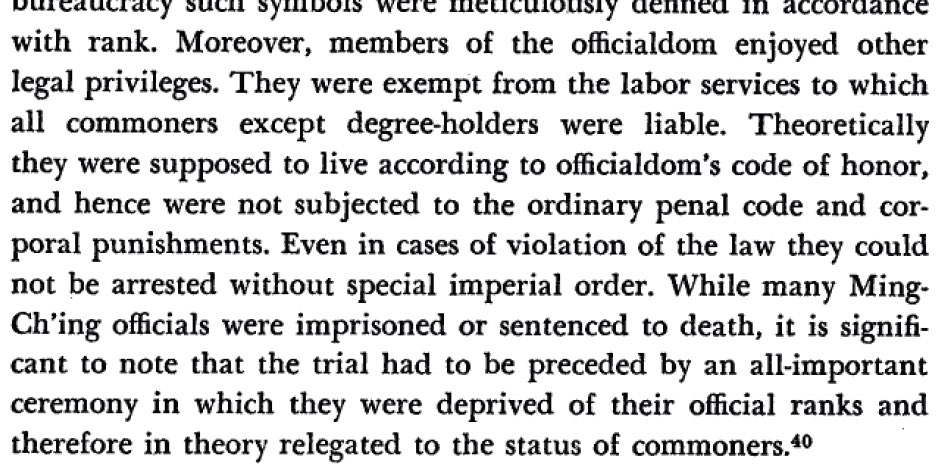
@threadreaderapp unroll
• • •
Missing some Tweet in this thread? You can try to
force a refresh

